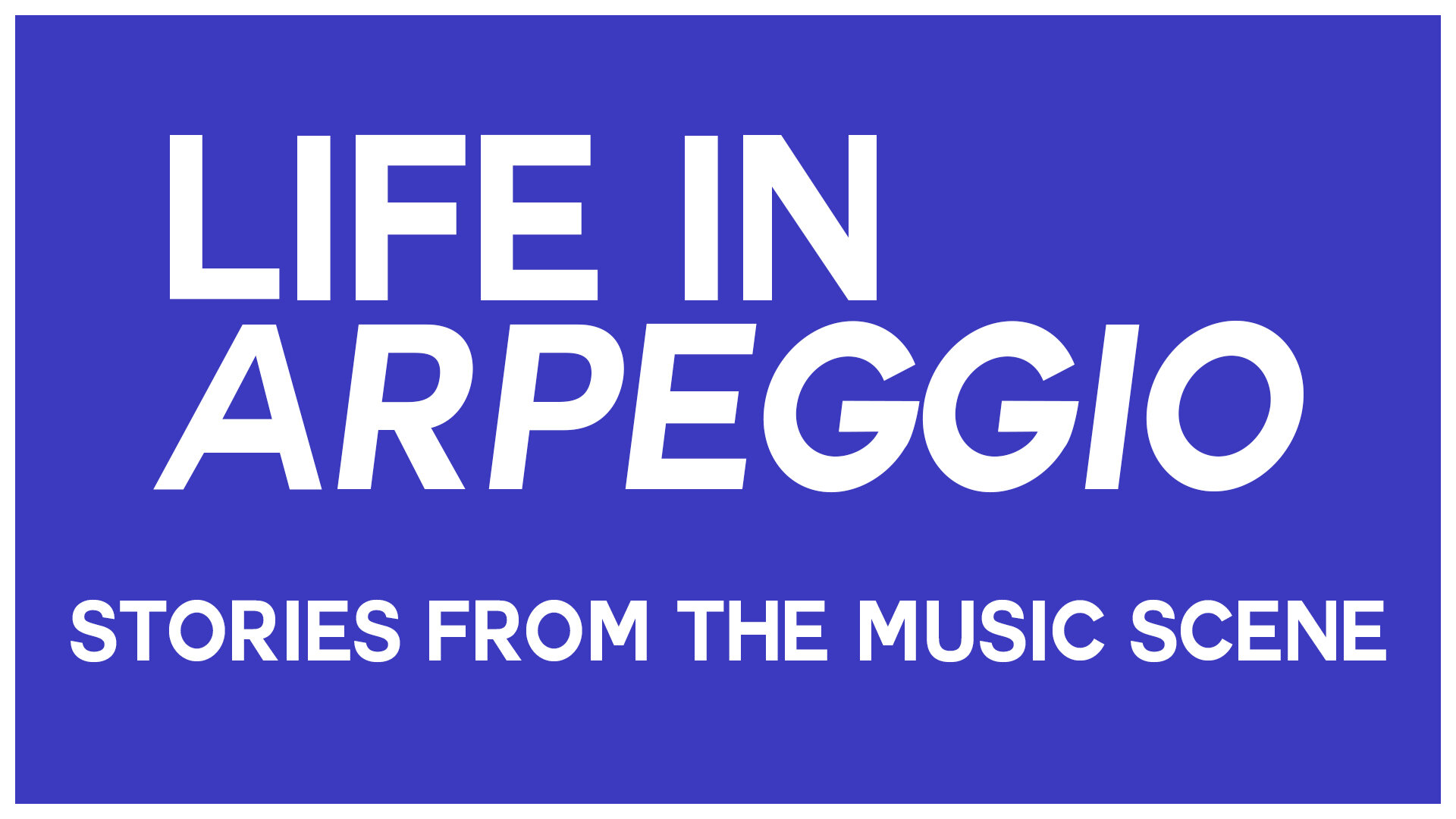Unsurprisingly, Clubs In Singapore Aren’t Taking Part In The Pilot Scheme After All
Zouk Singapore has decided to focus on other efforts like developing its Zouk Cinema Club concept (Credit: Zouk Singapore)
Talk about a buzzkill. In the tail end of 2020, the authorities attempted to throw the nightlife scene a lifeline, introducing a new pilot scheme where local clubs could finally open after months of inactivity. While this development seemed promising on the surface, one simply had to scrutinise the enforced measures to realise the infeasibility of it all.
These stringent rules included mandatory testing of patrons 24 hours prior to their entry into the club. Aside from the potential confusion this entails when you’re considering a customer who visits a club twice in a weekend (does he or she need to be tested twice?), along came another quandary that was far from ideal. Turns out, the costs of these test kits had to be borne by the clubs themselves, with each test at an estimated cost between $30 and $100. Unable to endure these additional costs, clubs would have no choice but to let these trickle down to the customers. And obviously, having to pay an additional $100 on top of an entry fee isn’t exactly a desirable solution. People won’t want to party that much.
Would you party till the wee hours of the morning without alcohol? (Credit: The Council)
The other spanner in the works is the ongoing stoppage of alcohol sales after 10.30pm. Every club-goer knows that, traditionally, a party doesn’t get cracking at that early a time. And having to stop drinking when your buzz is at its peak is yet another killjoy. The suggestion of throwing parties earlier doesn’t hold water either. Taking into account the time most customers get off work and dinner activities, this leaves little time left to spend in the club. And customer behaviour has shown that it’s generally hard to separate partying from the availability of booze; many will find it harder to last the night without it. With fewer hours and fewer customers, all of this presents another substantial loss of revenue for club owners.
Together with other compulsory rules like the capacity limit of 100 people, the wearing of masks at all times, and deployment of CCTVs in areas used for business activities, the pilot scheme is ultimately an overwhelmingly detrimental arrangement for clubs wanting to get back in the game. And from what I’ve gathered, even the big players in the industry with higher spending power don’t want in.
Zouk has made progress in it pivots, like turning its space into a spin studio (Credit: Zouk Singapore)
Zouk Singapore, a powerhouse with a history of nearly three decades, is not immune to the scathing demands of the proposed pilot scheme, and has confirmed that it won’t be participating in it, in light of the success of its ongoing pivots. “We've carefully considered the commercial viability and experiences for consumers before deciding to not participate in the pilot programme,” shares Andrew Li, CEO of Zouk Group. “As we've pivoted all spaces within the Zouk complex from pop-up dining at Capital Kitchen, Absolute Cycle x Zouk at the main room to Lazada Livestream Studio, we'd like to focus on improving each concept and bring the best out of these brand-new experiences at this moment.”
Remember when CÉ LA VI hosted The Martinez Brothers for Cercle? (Credit: CÉ LA VI)
Having reached out to other key institutions, I can also confirm that Marquee Singapore, the winner of Singapore Tourism Board’s “Best Nightspot Experience” in 2020, won’t be participating in the pilot scheme. Sharing this sentiment is CÉ LA VI, another high-profile establishment that’s won adoration from visitors locally and worldwide. Focusing on its F&B endeavours, it will not be going ahead as a club either.
The Council continues to push its Upstairs concept (Credit: The Council)
If large-scale clubs like these are already so reluctant to join the pilot scheme, what about smaller clubs or those with more underground inclinations? For house and techno fans, they’ll just have to wait a little longer. The Council won’t be taking part in the pilot scheme, as it is currently dedicating its efforts to promote Upstairs, its latest snack bar concept on the upper floor of Headquarters. Meanwhile, A Phat Cat Collective has confirmed that its venues are in the same boat. Recently relaunched with a new F&B menu, Nineteen80 will keep the vibe going without club activities. And even its newest brainchild, Rails – an upcoming nightspot that explores house music – will be forgoing its club launch for a bar launch instead.
You can still visit Nineteen80, just not as a club (Credit: A Phat Cat Collective)
For full disclosure, I only managed to receive confirmation from these five entities in the clubscape. But considering their significant role in shaping the scene these past few years, their response is extremely telling of the unattainable conditions of the pilot scheme that was proposed back in November. This lack of awareness reveals the gap between authorities and the needs of the clubbing community, and more feasible measures to protect our culture are severely required. Not everything can be solved with pivoting and an exit strategy; not all problems can be solved with a broad brush stroke.
With the resumption of live gigs with audiences already underway, it’s about time we receive a more empathetic solution that allows promoters and patrons to party responsibly and safely, without putting these businesses in the red. Haven’t we been patient long enough?
[Update as of 19 January 2021] It seems that the government has announced that it will be delaying the proposed pilot scheme for clubs due to an increase in community cases. It had chosen two clubs to participate in the pilot.














